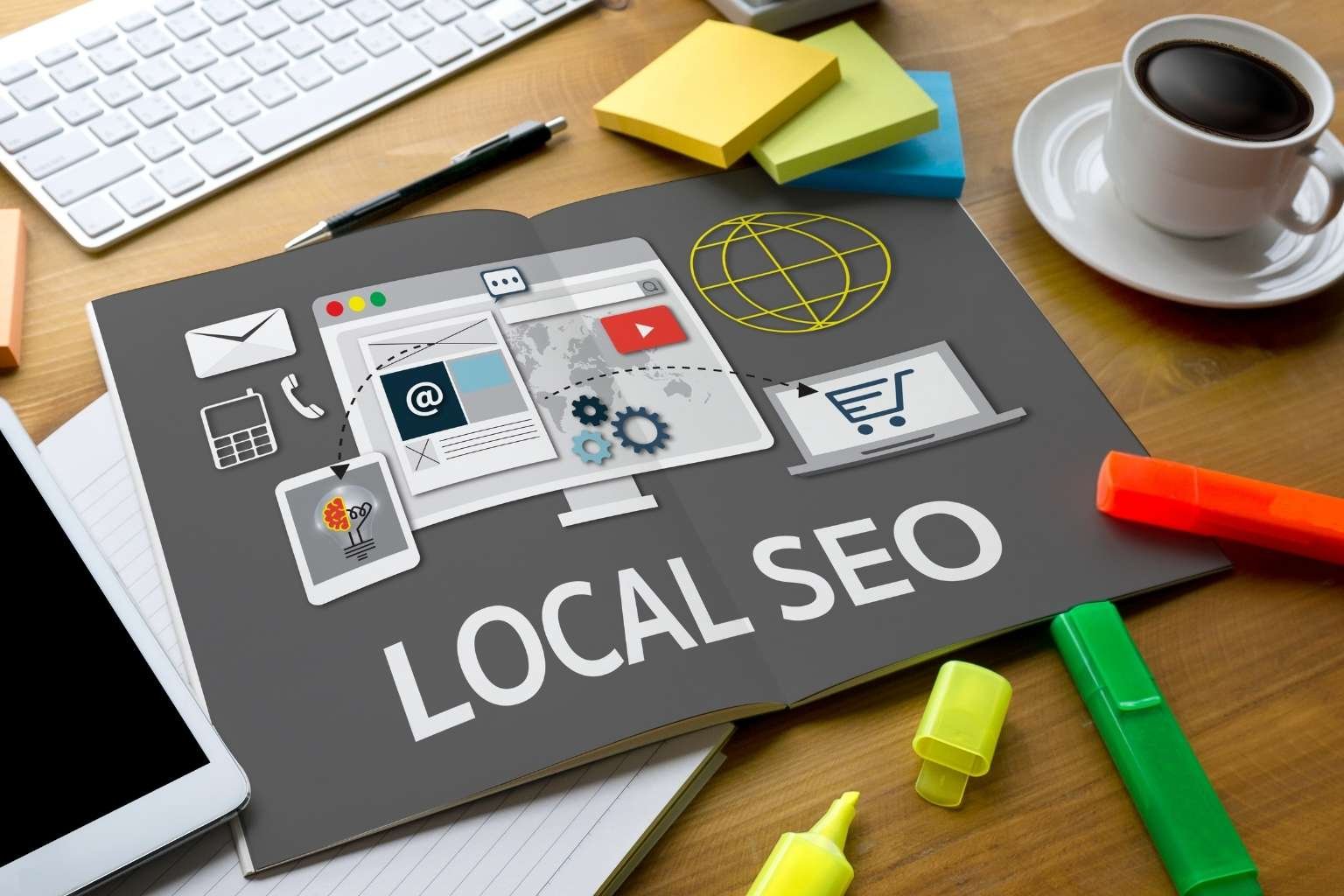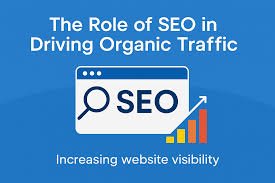Local SEO is one of the most effective ways to attract customers in your area. It focuses on optimizing your online presence so your business appears in local search results when potential clients look for services nearby. Whether you run a small café, a dental clinic, or a repair shop, mastering local SEO ensures you stay visible to customers who matter most—those closest to you.

Optimize Your Google Business Profile
Your Google Business Profile (GBP) is the cornerstone of local SEO. It determines how your business appears on Google Maps and in local search results.
Tips to Optimize Your Google Business Profile:
-
Claim and verify your listing.
-
Add accurate business details such as name, address, and phone number (NAP).
-
Upload high-quality photos of your products, services, or location.
-
Choose the right business category and attributes.
-
Encourage customers to leave honest reviews.
An optimized profile increases visibility, boosts trust, and drives more clicks to your website or storefront.
Maintain Consistent NAP Information
Consistency across all online platforms is crucial. Search engines compare your business details across directories, and any inconsistency can lower your rankings.
Where to Check for NAP Consistency:
-
Business directories like Yelp, Bing Places, and Apple Maps.
-
Social media profiles such as Facebook and Instagram.
-
Local listings and review platforms.
Accurate information builds credibility and ensures customers can easily find and contact you.
Collect and Manage Customer Reviews
Customer reviews strongly influence both SEO and buying decisions. Positive reviews can improve your ranking in local results and increase conversions.
Best Practices for Review Management:
-
Ask satisfied customers to share feedback.
-
Respond to every review—positive or negative—with professionalism.
-
Avoid fake or paid reviews, as they can harm your reputation.
A steady stream of authentic reviews shows reliability and encourages new customers to choose your business.
Use Local Keywords Strategically
Keywords with a local focus help search engines connect your business to nearby customers. Include city names, neighborhoods, or landmarks naturally in your content.
Where to Use Local Keywords:
-
Page titles and meta descriptions.
-
Header tags and image alt text.
-
Blog posts and service pages.
For example, instead of using “best bakery,” use “best bakery in Dallas.” This approach attracts users who are ready to visit or call.
Create Location-Specific Content
Localized content helps demonstrate your relevance to specific areas. It also strengthens your connection to the community.
Ideas for Localized Content:
-
Blog posts about local events or partnerships.
-
Case studies featuring local customers.
-
Landing pages for each service area or branch.
-
Guides related to your industry in the region.
Publishing local-focused content helps your site rank for multiple nearby searches.
Build Local Citations
Citations are online mentions of your business name, address, and phone number. The more reputable citations you have, the stronger your local SEO signal becomes.
Reliable Citation Sources:
-
Industry-specific directories.
-
Local business associations.
-
Regional chamber of commerce websites.
Ensure all citations are accurate and consistent across platforms to strengthen your local authority.
Leverage Social Media for Local Engagement
Social media can amplify your local presence when used strategically. Engaging with your local audience helps build loyalty and awareness.
Ways to Improve Local Engagement:
-
Share community news or events.
-
Tag your location in posts and stories.
-
Collaborate with local influencers or businesses.
-
Respond quickly to comments and messages.
Active engagement positions your business as part of the community while supporting your SEO efforts.
Earn Local Backlinks
Backlinks from locally relevant sites boost your credibility and improve rankings. They signal to search engines that your business is trusted in the area.
Strategies for Earning Local Backlinks:
-
Partner with local charities or sponsor community events.
-
Submit guest posts to local blogs or news sites.
-
Collaborate with nearby businesses for cross-promotion.
Quality local backlinks can make your business more competitive in regional search results.
Optimize for Mobile Users
Most local searches happen on mobile devices. A mobile-friendly website ensures users have a smooth experience when they visit your site.
Mobile Optimization Tips:
-
Use a responsive design that adapts to all screens.
-
Keep navigation simple and intuitive.
-
Optimize page speed to reduce bounce rates.
-
Add click-to-call buttons for quick contact.
A fast and user-friendly mobile experience leads to higher engagement and conversions.
Track and Measure Your Local SEO Results
Monitoring your local SEO performance helps identify what’s working and what needs improvement.
Metrics to Track:
-
Google Business Profile insights (views, clicks, calls).
-
Local keyword rankings.
-
Website traffic by location.
-
Customer review growth.
Use tools like Google Analytics and Google Search Console to refine your strategy and maintain your competitive edge.
Conclusion
Local SEO helps your business connect with nearby customers who are ready to buy. By optimizing your Google Business Profile, maintaining consistent information, creating localized content, and earning local backlinks, you can dominate nearby searches. Implementing these strategies builds long-term visibility, credibility, and growth for your business within your community.










